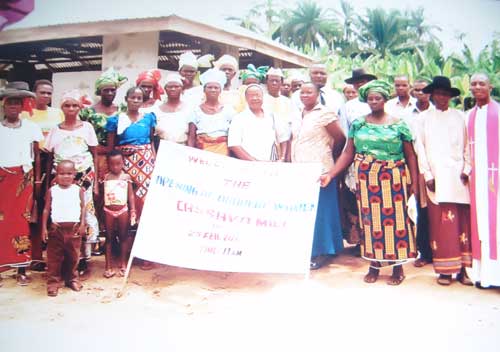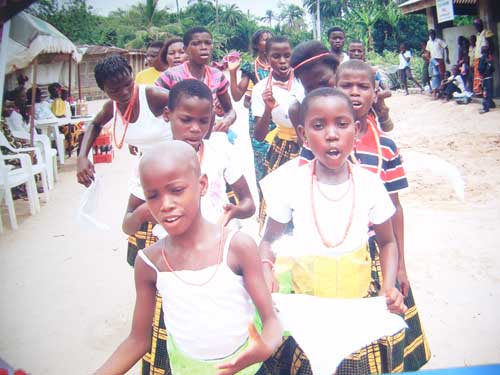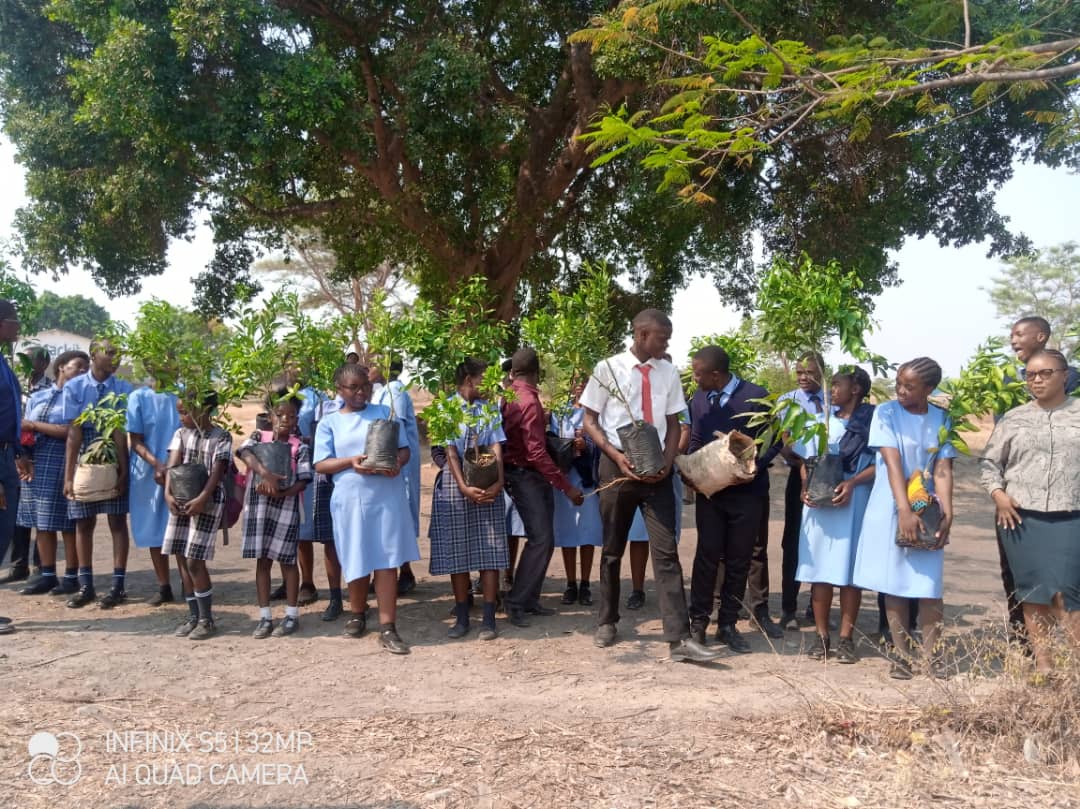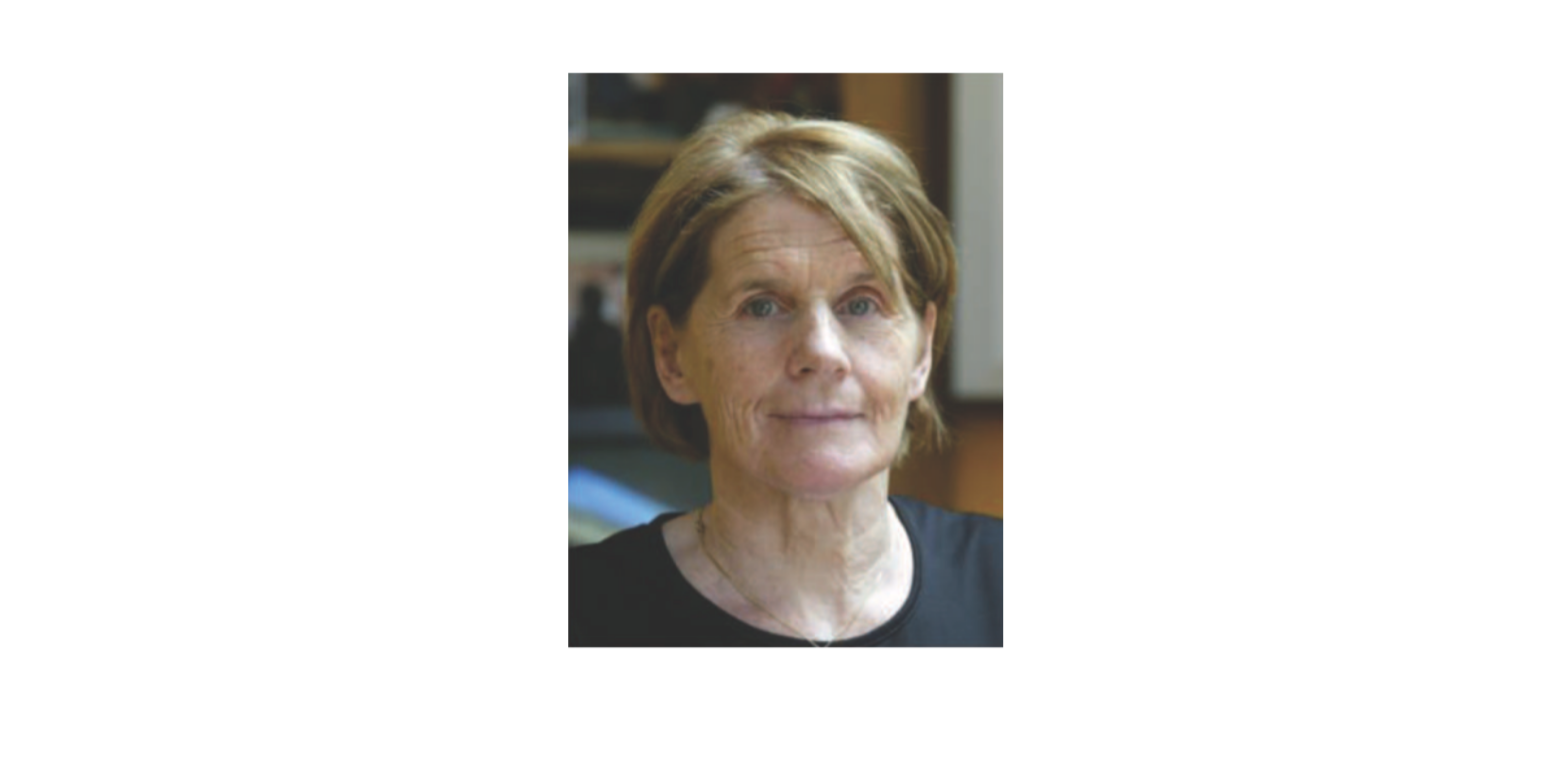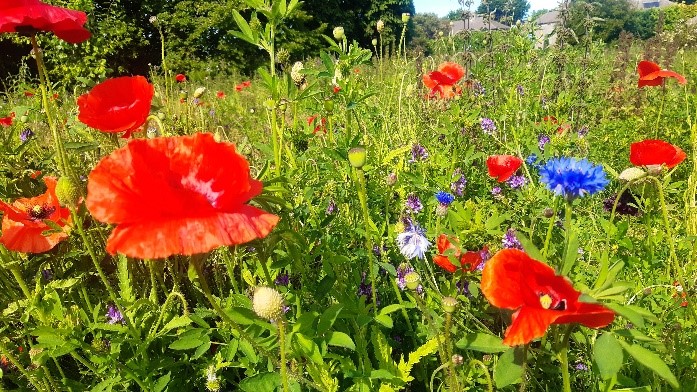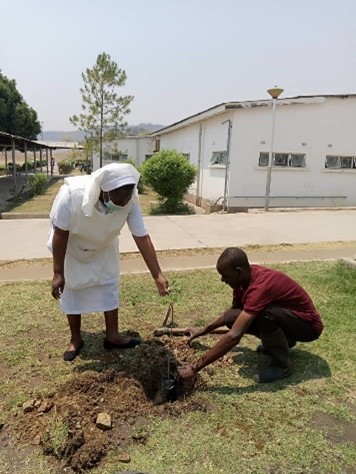
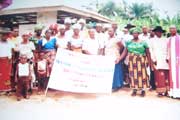 The people of Oghererehe Emevor community in Isoko North Local Government Area of Delta State, Nigeria, are well known for their mass production of cassava, which is used for a variety of staple food such as garri, starch, tapioca, etc. The major road leading to this village is bad and inaccessible. During the rainy season, the movement of the people is restricted by flood and this makes life difficult for them, especially the elderly.
The people of Oghererehe Emevor community in Isoko North Local Government Area of Delta State, Nigeria, are well known for their mass production of cassava, which is used for a variety of staple food such as garri, starch, tapioca, etc. The major road leading to this village is bad and inaccessible. During the rainy season, the movement of the people is restricted by flood and this makes life difficult for them, especially the elderly.
As a result of this, many of the young people of this village leave home to go and live in the cities, for a better environment.
However, the most pressing need for the women of Oghererhe Emevor community is to improve the quality of life by the use of modern equipment for the processing of cassava tubers. This will help increase their income and also raise the living standard of the people. After some deliberations the women made an appeal to Sr. Helen Eluagu, RSC, a well known social and community development worker of this area, who visited the village and had several meetings with the people. At these meetings with Sr. Helen, the women purported their need for a grinding machine and a shelter for the equipment.
We are grateful to all those who has contributed in making this project a reality, especially the Combined Services Third World Fund, Dublin. Present at the commissioning of this project were: the chairman of the community- Mr. London Okagbare; representatives from the government council-community development department; the entire women and people of Oghererehe Emevor community; many guest and well-wishers. This project was blessed and declared open recently by Fr. Michael Okolocha. At the end of the ceremony, the women leader, Mrs. Esther Agbara, thanked the donors of this project and the Religious Sisters of Charity for their efforts in empowering the rural women. She remarked that this is the third project carried out by the Religious Sisters of Charity in that community since 2007. She also reassured the entire community that this project will enable the women to produce more cassava; increase their income; and reduce manual stress involved in cassava processing. The young people of the village entertained the guests with a beautiful cultural dace which brought the ceremony to a close.
